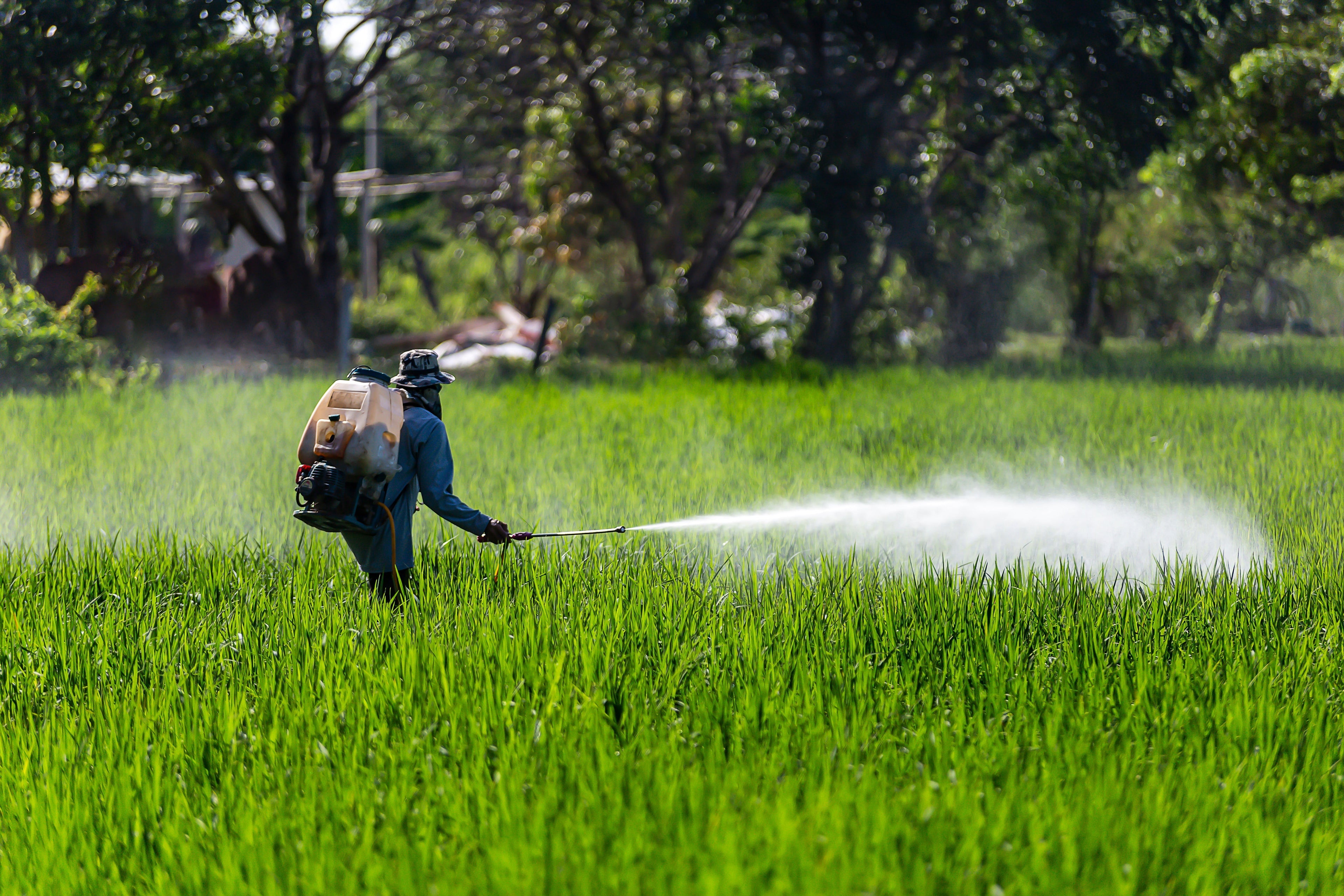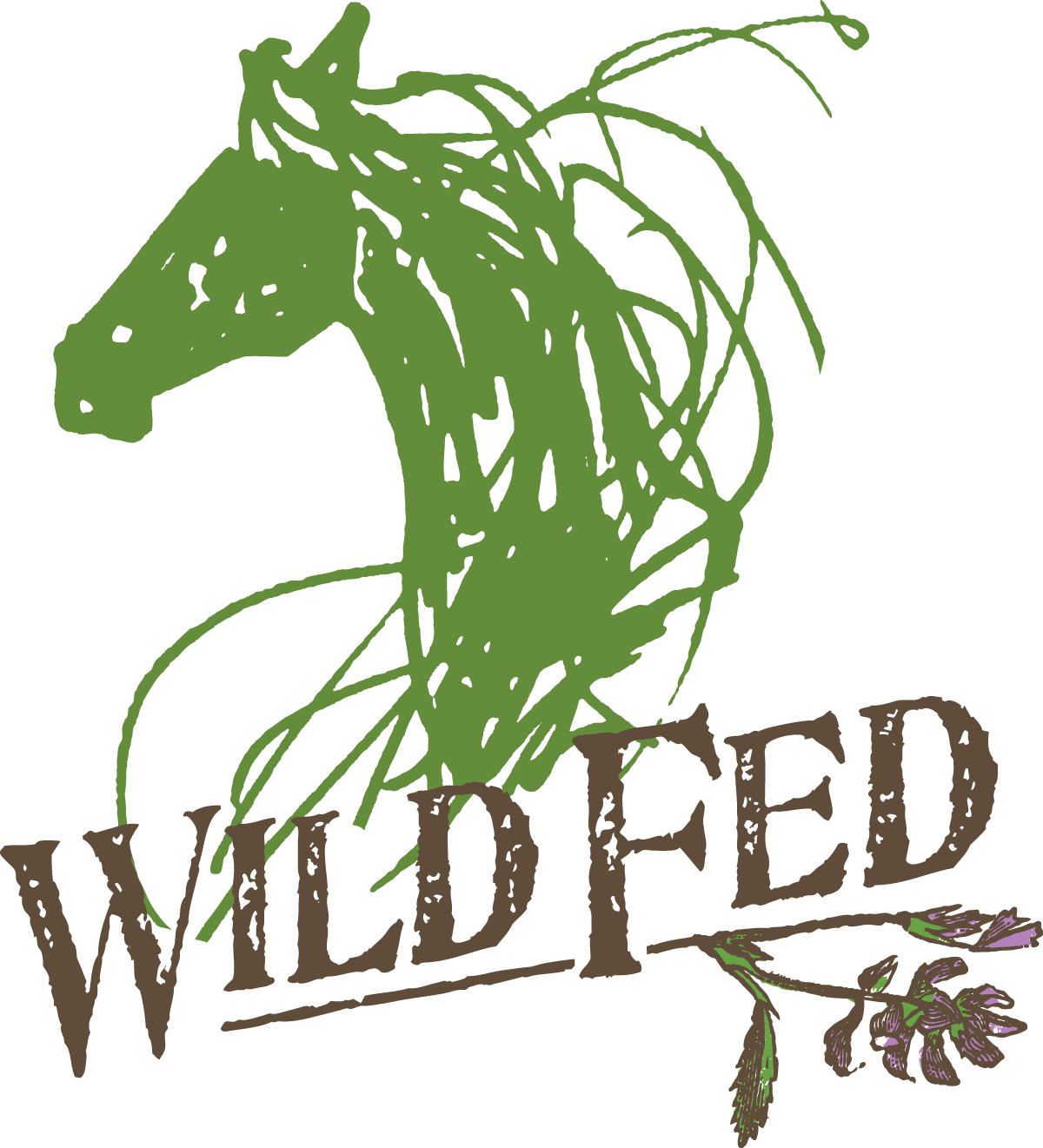
🚫 Glyphosate & Equine Health: What You Need to Know
In recent years, awareness around glyphosate—the active ingredient in Roundup®—has grown dramatically. Originally promoted as a "safe" herbicide, glyphosate is now at the center of global concern for its role in metabolic disorders, gut dysbiosis, and long-term toxicity in both humans and animals.
But what about horses?
If you're feeding your horse conventional grains, alfalfa, or soy-based feeds, there’s a good chance glyphosate residue is making its way into their body—daily.
Let’s explore where glyphosate shows up in equine feed, why it's harmful, and how you can protect your horse’s health from the inside out.
Common Equine Feed Crops Sprayed with Glyphosate
Glyphosate is commonly used on genetically modified (GMO) and some conventional crops, especially those designed to resist glyphosate applications ("Roundup Ready").
The most common horse feed ingredients sprayed with glyphosate include:
-
Alfalfa (especially GMO alfalfa)
-
Soybeans
-
Corn
-
Wheat (sometimes sprayed pre-harvest to dry the crop—known as “desiccation”)
-
Beet pulp
-
Canola meal
-
Oats and barley (if not organic or non-GMO certified)
Even non-GMO crops can contain glyphosate residues if they are:
-
Grown near sprayed fields
-
Treated with glyphosate pre-harvest as a drying agent
Hay crops like timothy and orchard grass are less commonly sprayed but may still contain drift or soil-based residues if grown conventionally near glyphosate-treated areas.
Glyphosate’s Impact on Equine Health
1. Blood Sugar Dysregulation
Glyphosate interferes with insulin signaling and may contribute to:
-
Insulin resistance
-
Cushing’s-like symptoms
-
Chronic laminitis
-
Obesity and fat pads in easy keepers
It disrupts the liver’s cytochrome P450 enzymes, which are needed for detoxification and hormone metabolism, both of which impact blood sugar regulation.
2. Gut Dysbiosis
Glyphosate acts as a broad-spectrum antimicrobial, but not in a good way. It:
-
Kills beneficial gut flora (like Lactobacillus and Bifidobacteria)
-
Allows overgrowth of harmful bacteria (like Clostridium and Salmonella)
-
Increases intestinal permeability (aka “leaky gut”)
-
Interferes with production of essential amino acids like tryptophan, tyrosine, and phenylalanine
This means compromised digestion, poor nutrient absorption, and weakened immune function—all of which are central to your horse’s overall wellness.
3. Other Documented Health Risks
Glyphosate exposure has also been linked to:
-
Liver and kidney stress
-
Reproductive issues and abnormal estrus
-
Neurological symptoms (behavior changes, anxiety, dullness)
-
Mineral chelation, especially manganese, magnesium, and zinc—leading to hoof issues, poor coat, and muscle tension
-
Increased oxidative stress and inflammation
How to Protect Your Horse
1. Feed Organic or Non-GMO
Prioritize hay, feed, and supplements that are certified organic or non-GMO, especially:
-
Alfalfa
-
Soy-free feeds
-
Herbal supplements (as herbs can be heavily sprayed too)
2. Avoid Common Glyphosate-Carriers
Ditch feeds with:
-
Soybean hulls or meal
-
Corn distillers grains
-
Beet pulp (unless organic)
-
Wheat middlings
3. Support Detoxification & Gut Repair
Include:
-
Liver-supporting herbs (milk thistle, burdock, dandelion root)
-
Probiotics and prebiotics
-
Omega-3s and antioxidants
-
Herbs that support insulin sensitivity, such as cinnamon, fenugreek, and gymnema
 How Wild Fed Helps
How Wild Fed Helps
At Wild Fed, we never use:
-
GMO ingredients
-
Glyphosate-sprayed crops
-
Corn, soy, or wheat byproducts
Our feed is formulated with whole-food, forage-based ingredients, and our supplements contain 100% organic herbs—safe for insulin-sensitive horses, mules, and easy keepers.
We believe feeding clean isn’t just a trend—it’s essential for long-term health, soundness, and performance.
Your horse deserves nourishment free from toxic residues.
Explore our low-starch feed and herbal blends designed to support blood sugar, digestion, and vitality—naturally.





